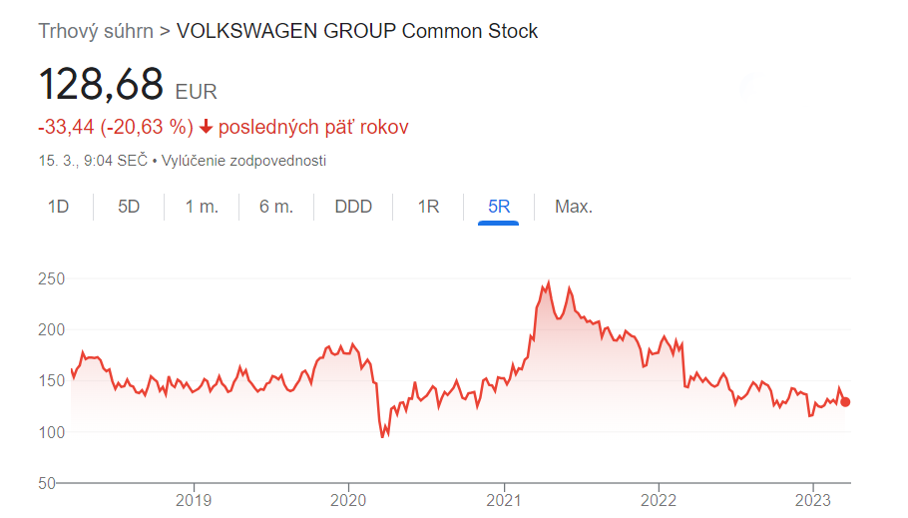Subvenciones y materias primas atraen a Volkswagen a Canadá
Canadá ha creado un fondo multimillonario para apoyar las tecnologías verdes, y su objetivo era atraer a nuevas empresas que produzcan coches eléctricos, ya que estos vehículos están experimentando una revolución. Además de Volkswagen, Stellantis NV y LG Energy Solutions han elegido Canadá como lugar de expansión. Esto se debe a que la Ley de Reducción de la Inflación exige que el 50% de los componentes de las baterías se fabriquen en Norteamérica, por lo que los vehículos pueden obtener hasta 7.500 dólares en créditos fiscales. Además, Canadá alberga muchos yacimientos de materias primas necesarias para la producción de baterías, como litio, níquel y coaleaciones. Para recibir la subvención, las baterías tendrán que fabricarse con una proporción mínima de minerales críticos extraídos o procesados en Estados Unidos o en un país del Tratado de Libre Comercio de Estados Unidos, o a partir de materiales reciclados en Norteamérica.
Grandes planes para el futuro
Aunque aún no se han revelado los detalles de la inversión y el tamaño de la planta, el plan de Volkswagen es alcanzar una capacidad de 20 gigavatios-hora. La construcción de la planta forma parte de una estrategia a largo plazo para crear cadenas de suministro regionales en Europa, Norteamérica y China con el fin de minimizar costes. La empresa tiene previsto invertir 180.000 millones de euros para apoyar la electrificación, de los cuales 15.000 millones se destinarán a baterías y materias primas. También planea aumentar su cuota en el mercado de vehículos eléctricos y quiere ofrecer un coche eléctrico asequible con un precio de 25.000 euros para 2025. El consejero delegado, Arno Antlitz, dijo que Volkswagen podría alcanzar el 20% de sus ventas en electromovilidad para entonces, y ya está invirtiendo dos tercios de su presupuesto en ello.
Desarrollo del valor de la acción
El valor de la acción de la empresa se ha mantenido relativamente estable en los últimos cinco años. Sin embargo, si observamos la evolución del valor en el último año, podemos ver un descenso del 15% * Durante la jornada bursátil del miércoles, el precio se situó en 128 USD por acción. Aprovechando el auge masivo de la producción de piezas energéticas para automóviles, las subvenciones de EE.UU. y Canadá y la ampliación de plantas en todo el mundo podrían impulsar significativamente el valor en el futuro.[1]

Evolución de la acción de Volkswagen en los últimos cinco años (Fuente: Google)
Olivia Lacenova, analista jefe de Wonderinterest Trading Ltd., es una de las principales analistas de la compañía.
*Los resultados anteriores no garantizan los resultados futuros.
[1] Las declaraciones prospectivas se basan en suposiciones y expectativas actuales, que pueden ser inexactas, o en el entorno económico actual, que puede cambiar. Estas afirmaciones no garantizan resultados futuros. Implican riesgos y otras incertidumbres difíciles de predecir. Los resultados pueden diferir materialmente de los expresados o implícitos en cualquiera de las afirmaciones de carácter prospectivo.
Las afirmaciones de carácter prospectivo no garantizan resultados futuros.